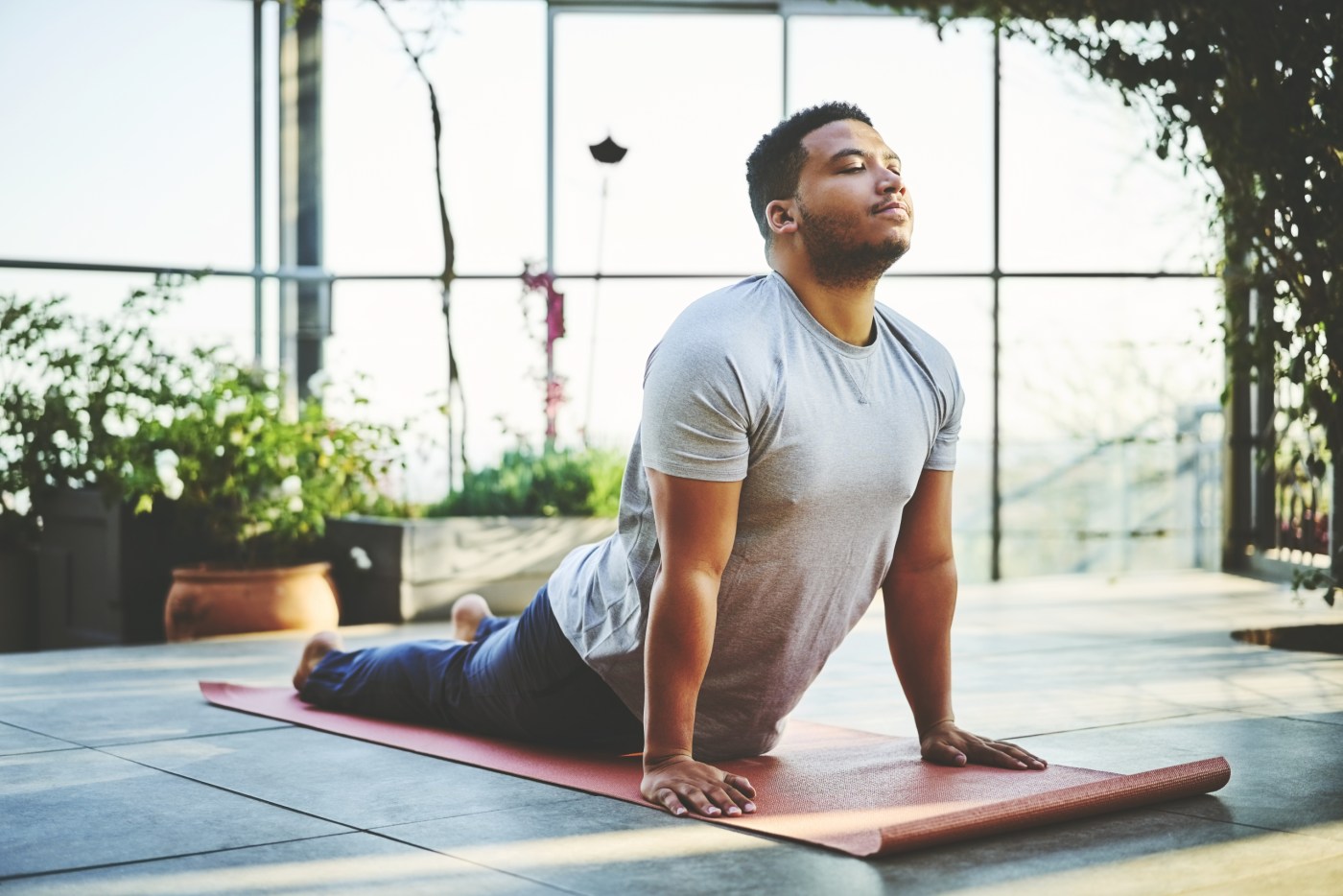Multiple therapies can effectively treat Veterans’ posttraumatic stress disorder (PTSD). But what works for one person may not work for another, highlighting how a one-size-fits-all approach to PTSD, or mental health in general, is unlikely to be successful.
At the same time, interest is increasing among researchers and clinicians in using complementary and alternative treatments, such as exercise, to enhance traditional mental health care and support a patient-centered approach to care. Veterans with PTSD frequently use these treatments and often rate them as enjoyable.

Dr. Daniel Reis (Photo by Rachel Warden)
That’s the word from Dr. Daniel Reis, a clinical psychologist at the VA Rocky Mountain Mental Illness Research Education and Clinical Center (MIRECC) for Suicide Prevention. He recently led a literature review to evaluate the results and quality of studies on the benefits of exercise for Veterans with PTSD.
More high-quality randomized studies are needed
In the review, the researchers identified six single-arm studies in which all participants took part in an exercise, plus three randomized controlled trials (RCTs) that compared an exercise group against another group. The Veterans in the studies were diagnosed with PTSD or had experienced PTSD symptoms but had not received a PTSD diagnosis.
Based on preliminary evidence, the researchers determined that exercise has promise for reducing the severity of PTSD symptoms in Veterans. Reis and his team saw reductions in the four primary symptom domains: re-experience, avoidance, thoughts and arousal. The paper also highlighted the need for more high-quality RCTs to confirm the benefits of exercise for PTSD symptom reduction in Veterans. The review appeared in the “Federal Practitioner” in April 2022.
`A growing body of research’
“The physical health benefits of exercise are well known, and there is a growing body of research showing how exercise can also support mental health, making it an ideal candidate for further investigation as a complementary treatment,” Reis says. “If exercise does help Veterans with PTSD, it could make a big difference in how we treat the disorder by giving Veterans and their providers another option to use, either by itself or in combination with other treatments.
“Finally,” he adds, “Veterans with PTSD are more likely to have hypertension, which is a leading risk factor for cardiovascular disease—the number one cause of death in the U.S.—and is responsive to exercise. As such, exercise has the potential to protect the health and well-being of Veterans by simultaneously enhancing physical and mental health.”
Understanding the complex nature of PTSD is one of VA’s most pressing challenges. The department says many Veterans who fought in Vietnam, the Gulf War, and the post-9/11 conflicts in Iraq and Afghanistan have had that mental health condition sometime in their lives.
PTSD symptoms are well documented: re-experiencing trauma through flashbacks and nightmares; avoidance of reminders of a traumatic event; changes in thoughts and feelings, such as guilt and emotional numbing; and hyperarousal.
Evaluated the risk of bias
Reis and his colleagues embarked on the literature review to determine if exercise can successfully treat PTSD in Veterans. No previous research has synthesized the literature on the effects of exercise on PTSD in the Veteran population. The research team also evaluated the risk of bias in the studies, which is often referred to as a “quality assessment.”
The review showed that yoga was the top exercise treatment used in the studies. The yoga classes involved breathing, movement and relaxation. “Also, many studies took a holistic or trauma-informed approach, modifying their yoga programs in ways that were considerate of Veterans’ needs and past experiences,” Reis says. “Integrated exercise programs that combine aerobic and strength-based activities, some of which included yoga, are also promising treatment candidates.”
More Information
Click here to read the full story.
Click here to learn more about VA research.
Topics in this story
More Stories
In a new series that highlights advancements in VA health care, VA researchers and clinicians are appearing on a Veteran-themed media platform—Wreaths Across America Radio—to tout their critical work.
Recently published findings from the VA Disrupted Care National Project [...]
Diverse representation of women in health care research allows MVP to make discoveries for women’s health







Interesting article. I have PTSD.